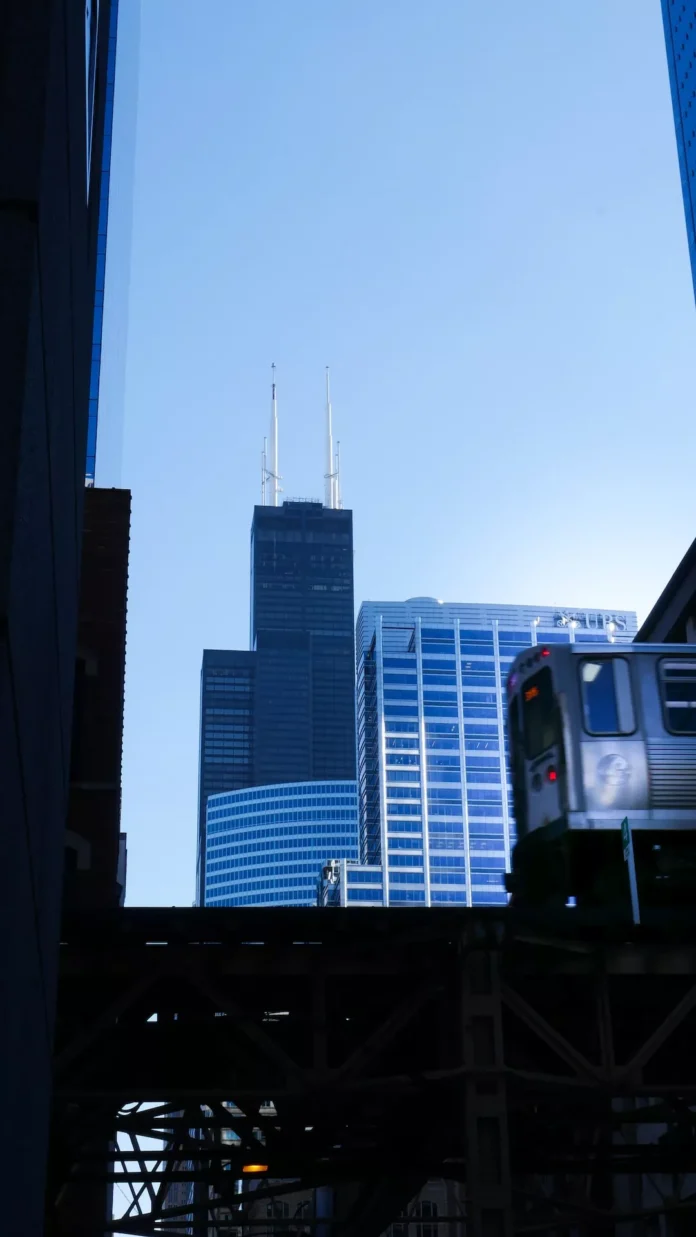Forming journalists is a crucial step in ensuring the quality and integrity of journalism in our society. Journalists are the ones responsible for bringing to light important issues, uncovering the truth, and holding those in power accountable. It is not an easy task, as it requires a great deal of skill, knowledge, and ethical responsibility. That is why workshops like the “‘Ndrangheta Stereotypes and Reality” investigative journalism workshop, led by journalist Claudio La Camera, are essential in shaping the journalists of today and tomorrow.
Claudio La Camera is an experienced Italian journalist who has worked for various media outlets such as La Repubblica and Il Fatto Quotidiano. He has also authored several books on organized crime and social issues. With his vast knowledge and expertise in investigative journalism, La Camera has been leading workshops for aspiring journalists for over a decade. In these workshops, he not only teaches the necessary skills but also emphasizes the importance of ethics and truthfulness in the field.
The latest workshop organized by La Camera focused on the topic of the ‘Ndrangheta, the notorious Italian mafia organization. It is no secret that the ‘Ndrangheta has been a persistent problem in Italy, with its vast network and influence in various industries, including politics and business. However, as La Camera pointed out, the media’s portrayal of the ‘Ndrangheta often falls into stereotypes, which can create a distorted image of the reality.
The workshop aimed to break these stereotypes and shed light on the truth about the ‘Ndrangheta. La Camera and his team of experts, including prosecutors and police officers who have been involved in ‘Ndrangheta investigations, shared their knowledge and experiences with the aspiring journalists. The participants were also given the chance to visit areas affected by ‘Ndrangheta’s presence and interview people living in those communities, providing them with a first-hand account of the reality.
One of the key takeaways from the workshop was the importance of responsible and ethical journalism. La Camera emphasized how journalists have a duty to report the truth and avoid sensationalizing news for the sake of ratings. He also highlighted the dangers of exposing oneself to the risks associated with investigative journalism, especially when dealing with organized crime. However, he also encouraged the participants not to shy away from exposing the truth, as it is their responsibility as journalists.
The workshop also covered a recent case involving ‘Ndrangheta, the “sequestro processo” (kidnapping trial) of a young girl. The case had received a lot of media attention, but La Camera pointed out that the media’s coverage was mostly focused on the sensational aspects of the story rather than the facts. He stressed the importance of fact-checking and verifying information before publishing, as it can have serious consequences not only for the journalists but also for the people involved in the case.
The participants of the workshop were not only motivated by La Camera‘s words but also inspired by the positive experiences they encountered during the workshop. They were able to see the impact of responsible and ethical journalism and the importance of breaking stereotypes. One participant, Maria, said, “This workshop has opened my eyes to the power of journalism and the responsibility that comes with it. I am now more determined to pursue my dream of becoming an investigative journalist.”
In conclusion, Claudio La Camera‘s workshop on “‘Ndrangheta Stereotypes and Reality” served as a reminder that responsible and ethical journalism is crucial in bringing about positive change in our society. It also showed that with the right skills and knowledge, journalists can uncover the truth and expose the reality behind stereotypes. The workshop has undoubtedly left a lasting impact on the participants, who are now more equipped to face the challenges of investigative journalism.

